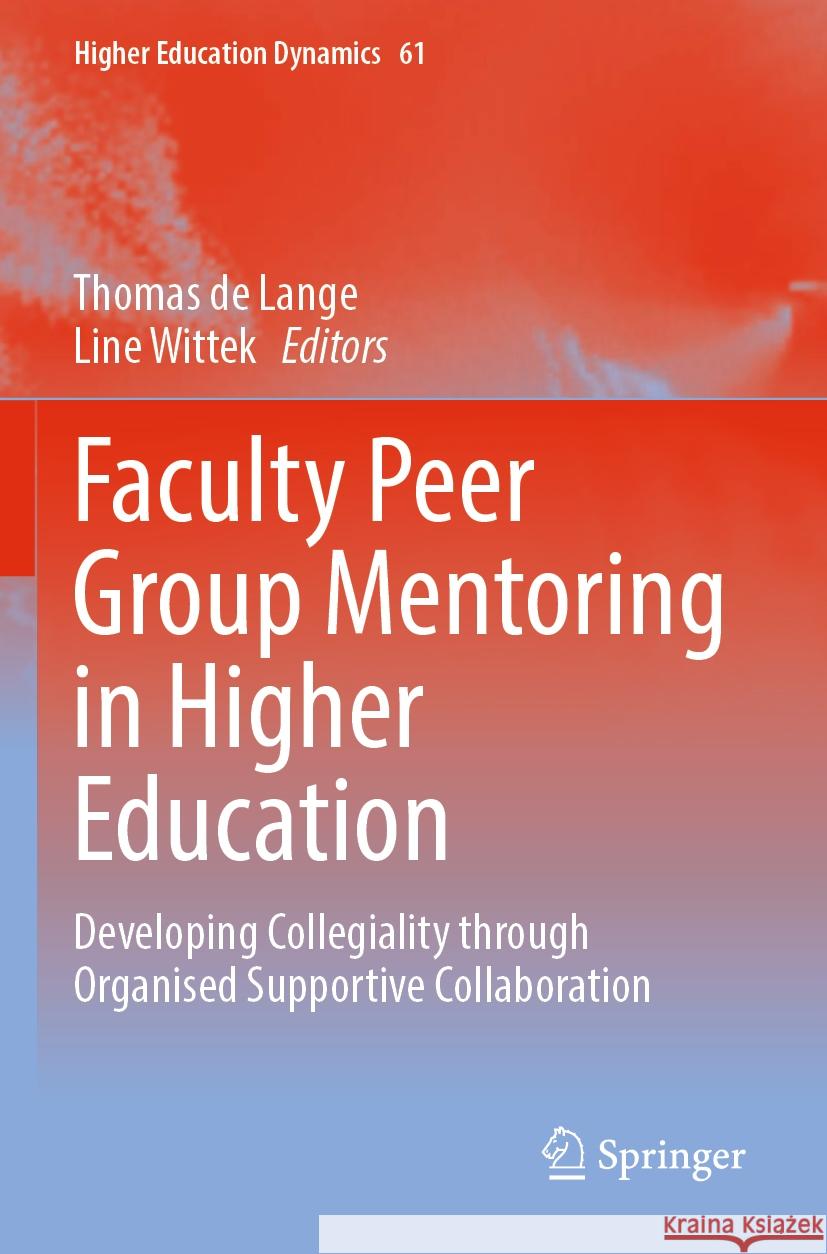Faculty Peer Group Mentoring in Higher Education » książka
topmenu
Faculty Peer Group Mentoring in Higher Education
ISBN-13: 9783031374609 / Angielski / Miękka / 2024
Faculty Peer Group Mentoring in Higher Education
ISBN-13: 9783031374609 / Angielski / Miękka / 2024
cena 578,30 zł
(netto: 550,76 VAT: 5%)
Najniższa cena z 30 dni: 574,29 zł
(netto: 550,76 VAT: 5%)
Najniższa cena z 30 dni: 574,29 zł
Termin realizacji zamówienia:
ok. 20 dni roboczych.
ok. 20 dni roboczych.
Darmowa dostawa!











